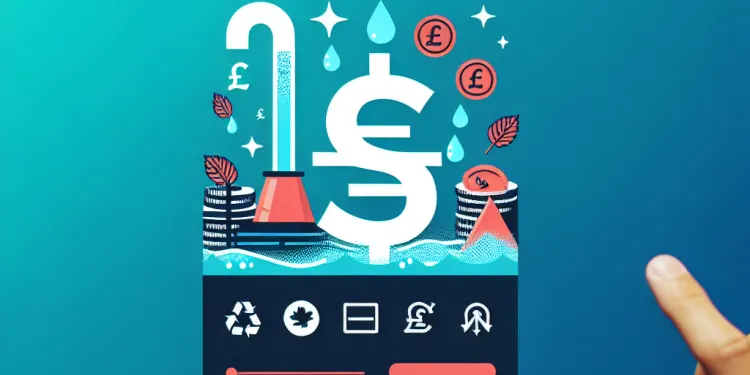
Find Help
More Items From Ergsy search
-
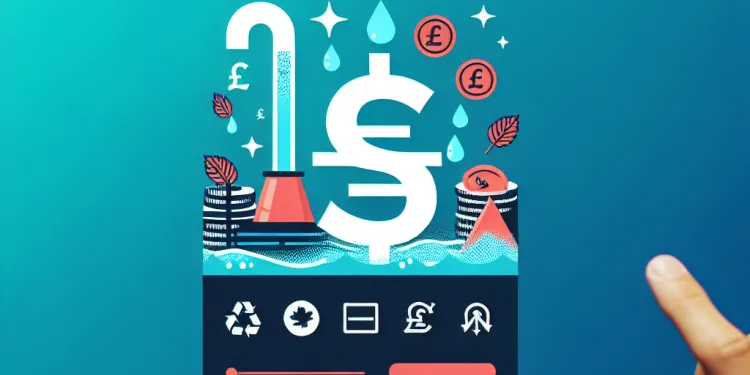
How can individuals help reduce sewage pollution?
Relevance: 100%
-
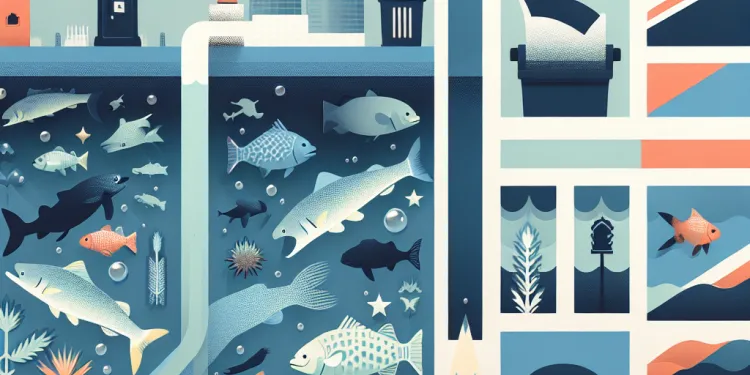
Can sewage pollution impact marine wildlife?
Relevance: 76%
-
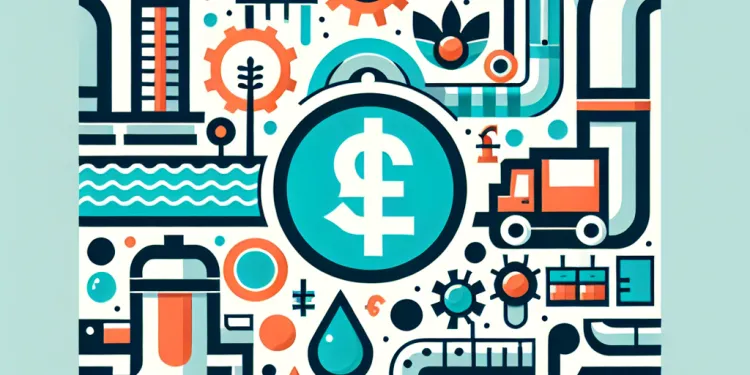
What agencies monitor and regulate sewage pollution in the UK?
Relevance: 75%
-
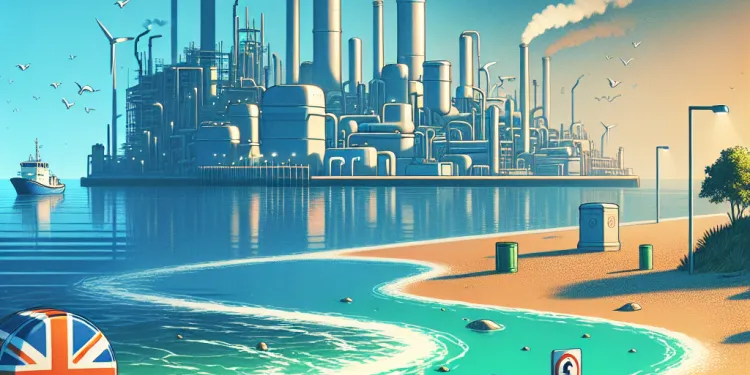
What causes sewage pollution on UK beaches?
Relevance: 75%
-
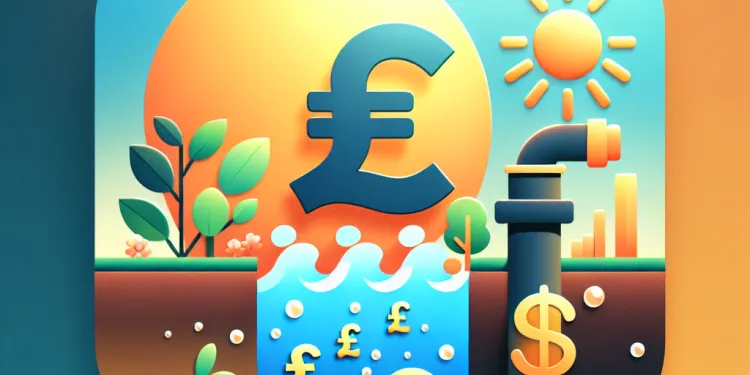
Is climate change affecting sewage pollution levels?
Relevance: 75%
-
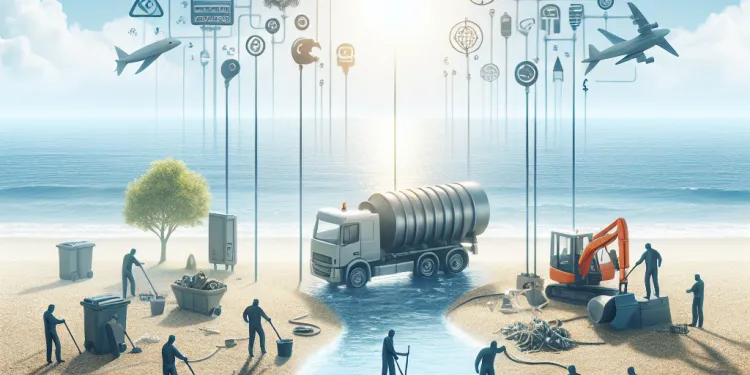
What is being done to address sewage pollution on UK beaches?
Relevance: 74%
-
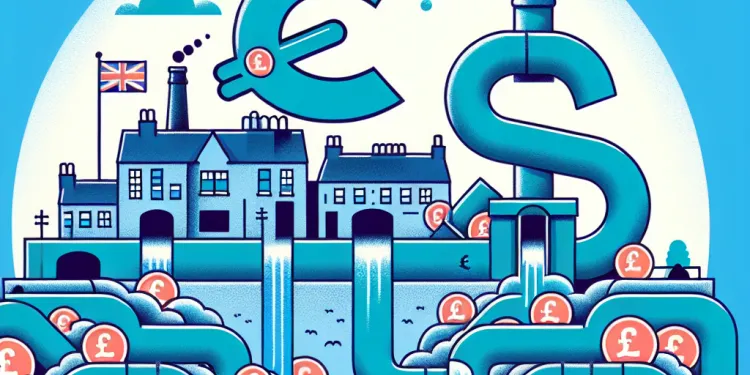
Which UK areas are most affected by sewage pollution?
Relevance: 74%
-
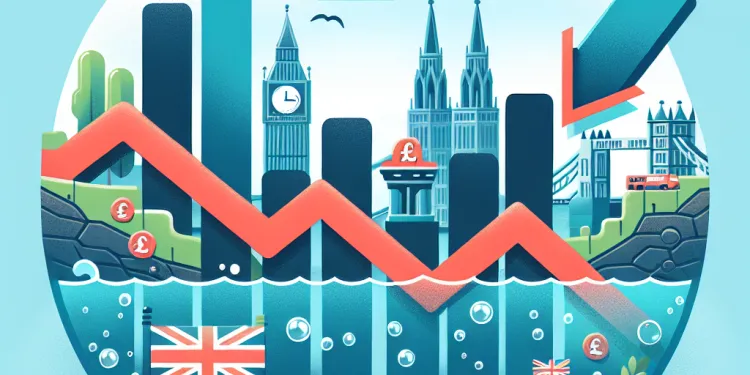
Has sewage pollution in the UK improved over recent years?
Relevance: 72%
-
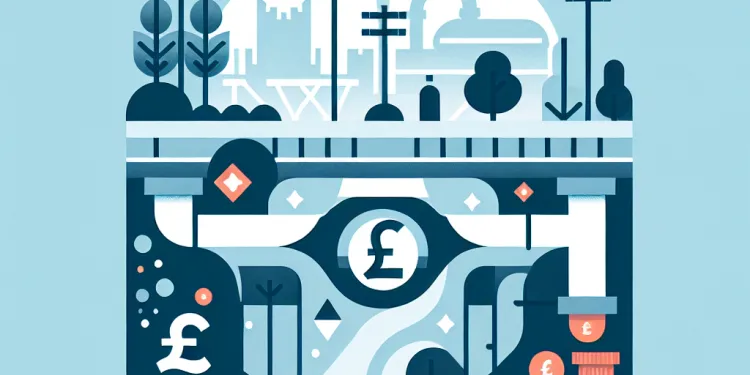
What role do water companies play in sewage pollution?
Relevance: 72%
-
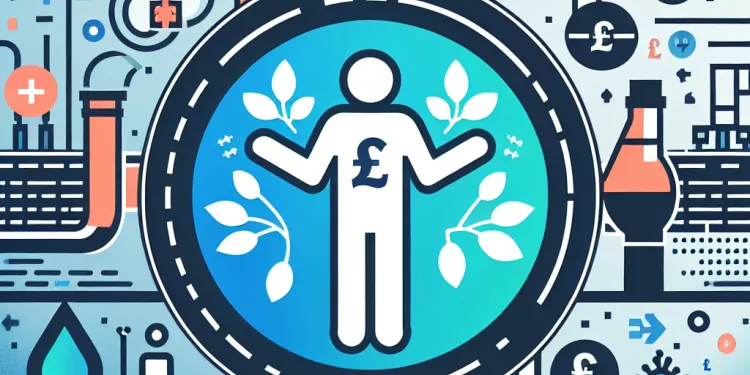
How does sewage pollution affect public health?
Relevance: 71%
-
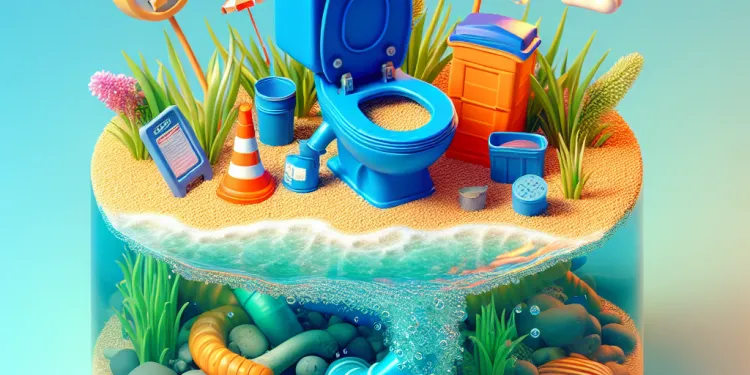
Is sewage a problem on UK beaches?
Relevance: 66%
-
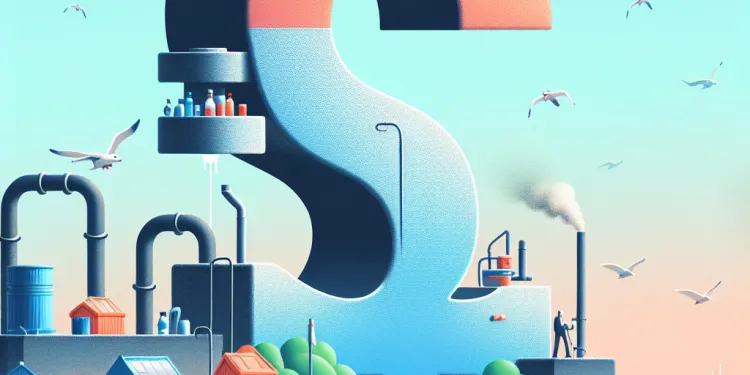
How can the public find out if a beach has sewage pollution?
Relevance: 65%
-
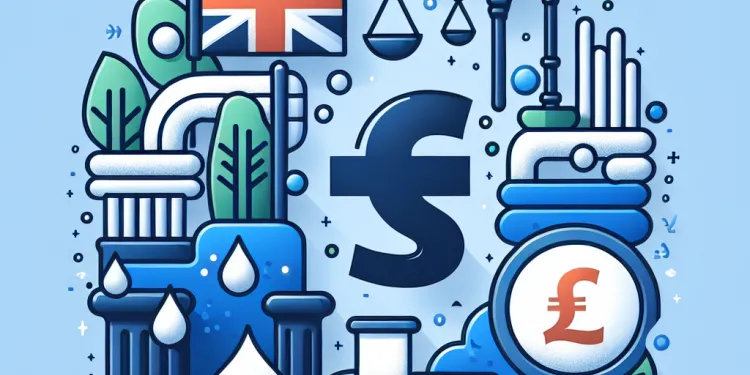
Are there legal guidelines for sewage discharge into UK waters?
Relevance: 51%
-
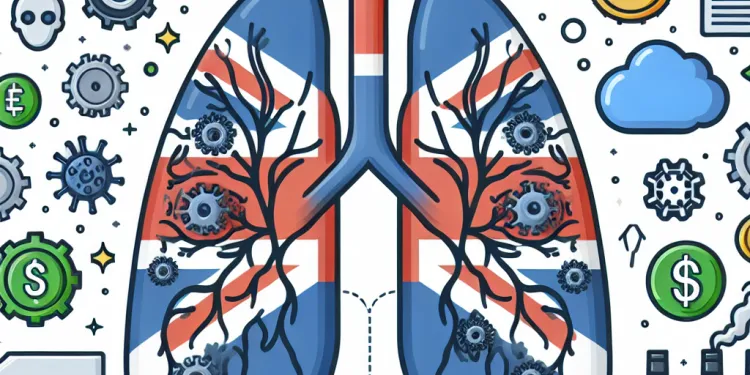
Air Pollution and Lung Cancer
Relevance: 41%
-
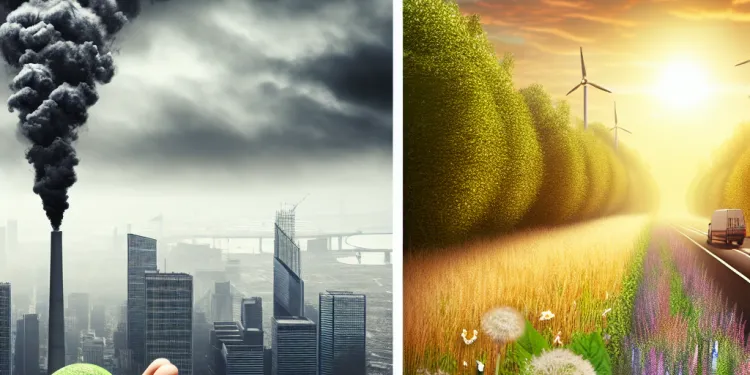
How does air pollution affect asthma?
Relevance: 36%
-

High Air Pollution Levels Linked to Rising Cases of Respiratory Issues
Relevance: 36%
-

How can I reduce my exposure to air pollution if I have asthma?
Relevance: 35%
-
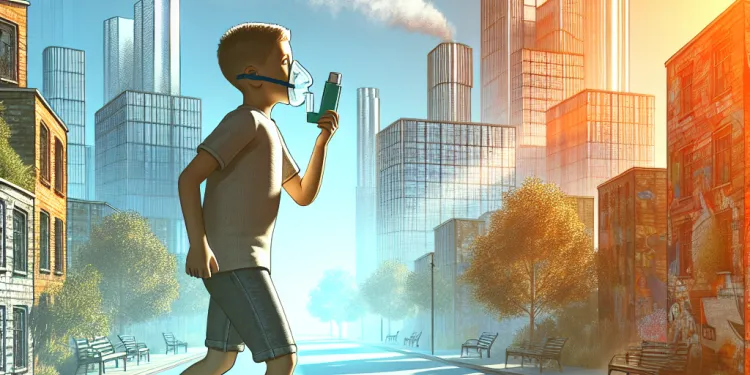
Rise in Childhood Asthma Linked to Air Pollution in Urban Areas
Relevance: 33%
-

Where can I find information on air pollution and its effect on Asthma for my local area?
Relevance: 31%
-

What are some common pollutants that affect asthma sufferers in urban areas?
Relevance: 31%
-

Where can I find research studies on air pollution and asthma in my area?
Relevance: 29%
-
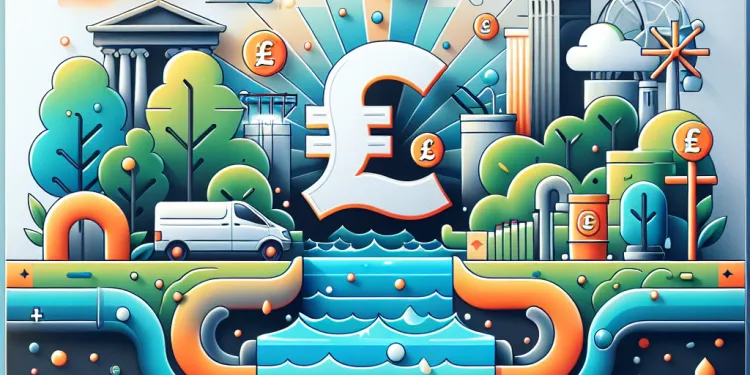
What is a Combined Sewer Overflow (CSO)?
Relevance: 28%
-
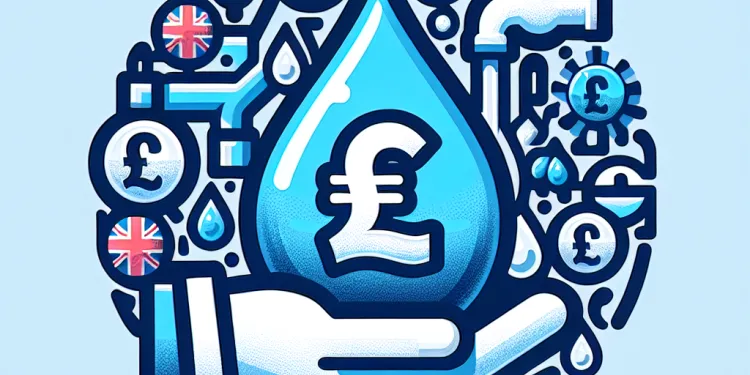
Can individual actions significantly impact overall water loss?
Relevance: 26%
-

What local organizations provide information on air pollution and asthma?
Relevance: 24%
-

What local organizations provide information on air pollution and asthma?
Relevance: 23%
-

Can dark-skinned individuals get sunburned?
Relevance: 22%
-

Where can I find general information about air pollution and asthma?
Relevance: 22%
-

Is the flu jab necessary for healthy individuals?
Relevance: 21%
-
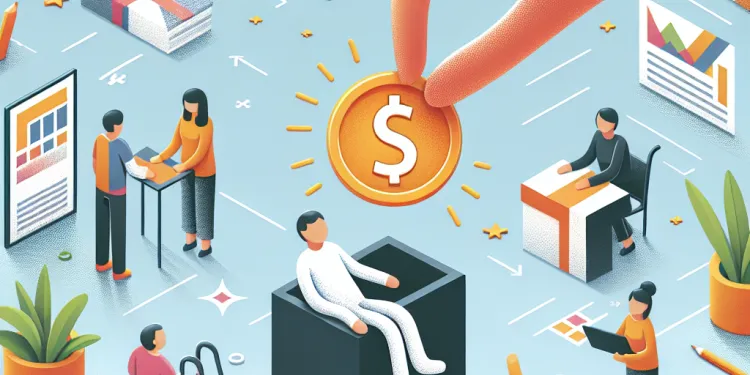
Are there grants specifically for individuals with disabilities?
Relevance: 21%
-
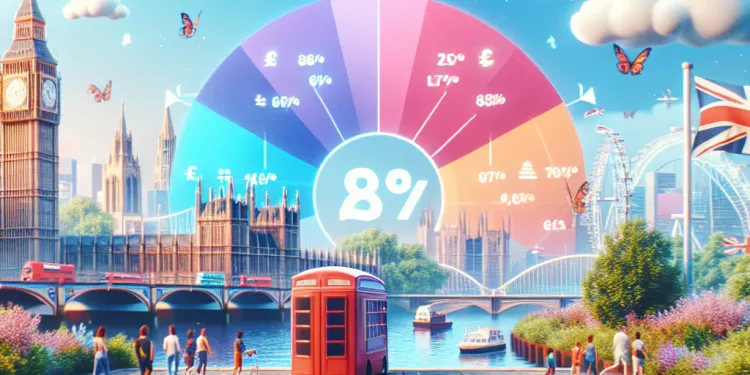
Is UK air quality changing?
Relevance: 20%
-
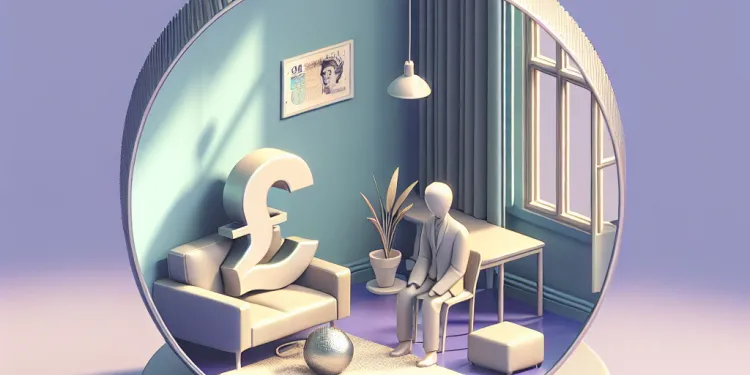
Can therapy help individuals with ADHD?
Relevance: 20%
-
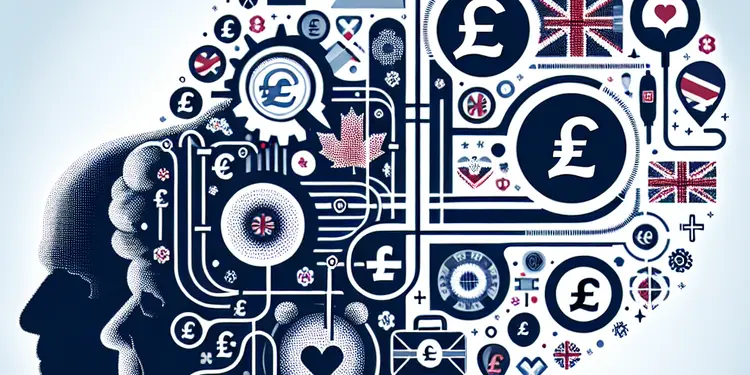
Can live-in care support individuals with dementia?
Relevance: 20%
-
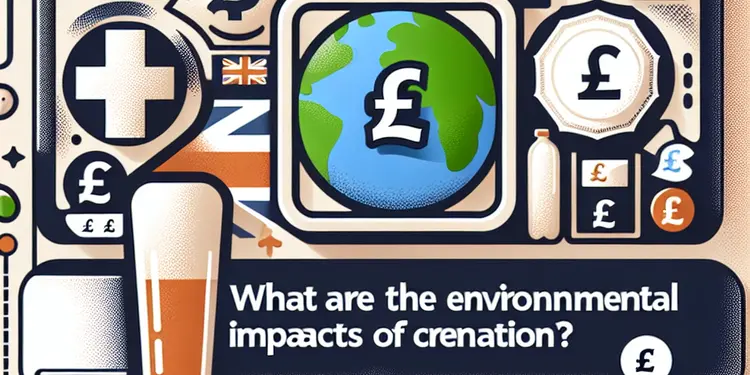
What are the environmental impacts of cremation?
Relevance: 20%
-

What are the guidelines for meningitis vaccination for HIV-infected individuals?
Relevance: 20%
-
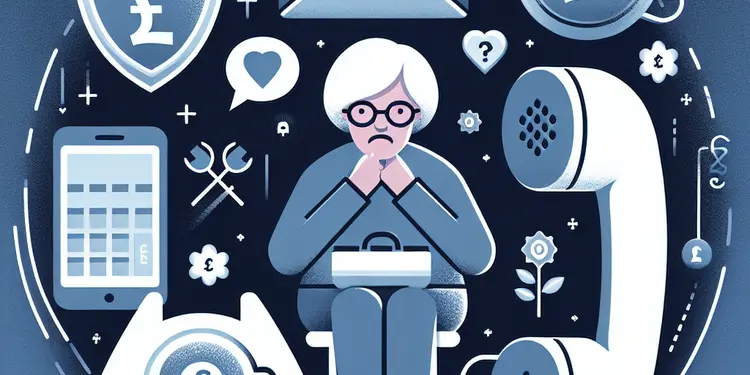
Why are elder individuals often targeted by scammers?
Relevance: 19%
-
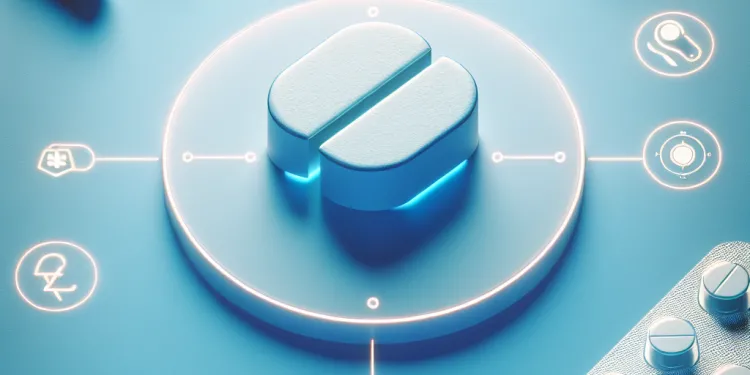
Does Paracetamol reduce inflammation?
Relevance: 19%
-

How might a wealth tax affect wealthy individuals?
Relevance: 19%
-
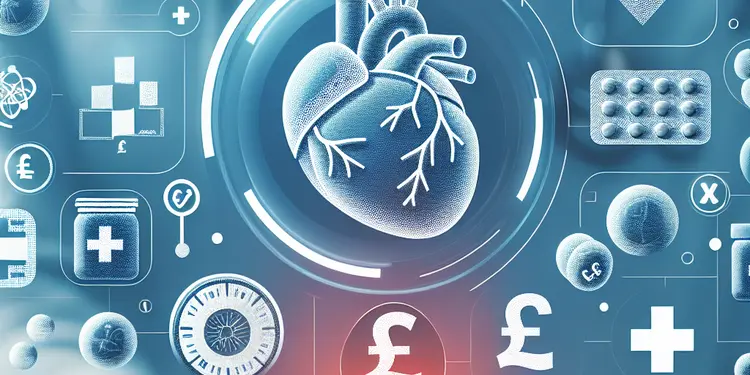
Are anticoagulants effective in reducing stroke risk?
Relevance: 18%
-
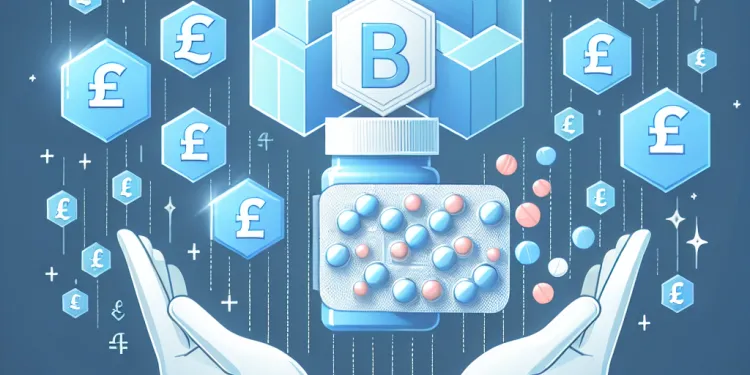
Can Ibuprofen be used to reduce inflammation?
Relevance: 18%
-
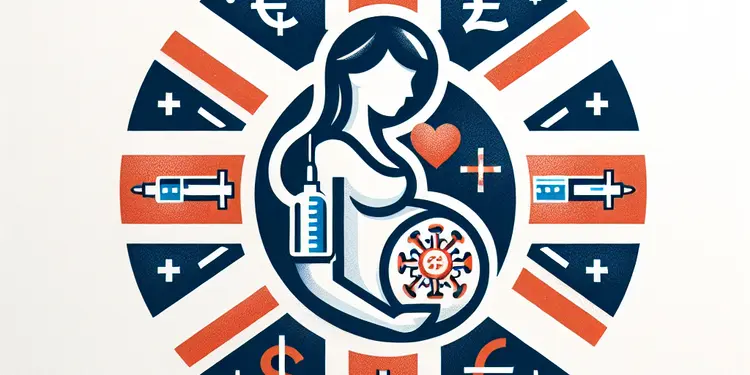
Can pregnant individuals receive the meningococcal vaccine?
Relevance: 18%
How Individuals Can Help Reduce Sewage Pollution
Be Mindful of What You Flush
To reduce sewage pollution, individuals must be careful about what they flush down toilets. Only human waste and toilet paper should be flushed. Flushing non-biodegradable items such as wet wipes, cotton pads, or sanitary products can cause blockages, leading to sewage overflows. Opt for products labeled as flushable only if they meet water industry guidelines.Use Eco-Friendly Household Products
Choosing environmentally safe household cleaning products can significantly decrease the number of harmful chemicals that end up in the sewage system. Look for products with natural ingredients that are biodegradable and less harmful to aquatic life. Avoiding harsh chemicals like phosphates helps in maintaining cleaner water bodies.Reduce Water Usage
Conserving water can lessen the strain on sewage treatment facilities, thus helping reduce the risk of overflow during heavy rainfall. Simple habits such as turning off the tap while brushing teeth, fixing leaks promptly, and using water-saving appliances make a big difference.Proper Disposal of Grease and Oil
Grease and oil are major causes of blockages in sewage systems. To prevent these, individuals should dispose of cooking fats and oils in the trash or designated recycling points, instead of pouring them down the sink. Use a paper towel to wipe excess grease from pans before washing.Educate and Engage Community
Raising awareness within the community about the effects of improper waste disposal practices is crucial. Participate in or organize local clean-up events around water bodies, and promote educational campaigns to spread knowledge on how to prevent sewage-related pollution.Consider Environmental Impact of Personal Care Products
Personal care products like microbead-containing exfoliants can pass through sewage treatment and end up in rivers and oceans. Instead, select products that avoid microplastics. Additionally, reducing the use of chemical-heavy beauty products can further help minimize sewage pollution. By taking these steps, individuals in the UK can contribute significantly to reducing sewage pollution, thus ensuring healthier water ecosystems and better public health. Through conscious efforts, individual and community actions can create a substantial positive impact on the environment.How You Can Help Stop Sewage Pollution
Be Careful About What You Flush
To help stop sewage pollution, be careful about what you flush down the toilet. Only flush pee, poop, and toilet paper. Do not flush things like wet wipes, cotton pads, or sanitary products. These can block pipes and cause problems. Only flush things labeled as flushable if they really break down in water.Use Safe Cleaning Products
Choose cleaning products that are safe for the environment. This can help reduce the number of bad chemicals in the sewage system. Pick products with natural ingredients. These are better for fish and other creatures. Avoid strong chemicals like phosphates. They can harm water and animals.Save Water
Using less water helps sewage treatment work better. This means fewer problems when it rains a lot. Simple things can help, like turning off the tap while brushing teeth and fixing leaks. Use appliances that save water, like special washing machines and toilets.Get Rid of Grease and Oil Properly
Grease and oil can block pipes. Get rid of cooking fats and oils in the trash, not down the sink. Use a paper towel to wipe greasy pans before washing them.Teach and Join Your Community
Teach people about why putting the wrong things down the drain is bad. Join or start clean-up events in your area. Help spread the word about keeping our water clean.Think About Your Personal Care Products
Some face washes have tiny plastics called microbeads. These can go through sewage systems and hurt oceans and rivers. Choose products without these microplastics. Use fewer beauty products with lots of chemicals to help keep water clean. By doing these simple things, you can help keep water clean and healthy in the UK. When we work together, we can make a big difference for the environment.Frequently Asked Questions
What is sewage pollution?
Sewage pollution occurs when untreated or partially treated waste water, which can contain harmful substances and microorganisms, is discharged into natural water bodies.
How can individuals prevent sewage pollution at home?
Individuals can prevent sewage pollution by properly disposing of waste, not flushing non-biodegradable items down the toilet, and minimizing the use of household chemicals and fats that might clog the sewage system.
Why is reducing sewage pollution important?
Reducing sewage pollution is vital for protecting ecosystems, maintaining clean water for human consumption, and preserving aquatic life.
Can using less water help reduce sewage pollution?
Yes, using less water reduces the volume of waste water that enters the sewage system, which can help prevent overflows and reduce pollution.
What should not be flushed down the toilet to prevent sewage pollution?
Items like wet wipes, sanitary products, cotton buds, nappies, and any plastic materials should not be flushed as they can cause blockages and lead to sewage overflows.
How does regular home plumbing maintenance help reduce sewage pollution?
Regular home plumbing maintenance can help detect and repair leaks or blockages early, preventing potential sewage leaks and overflows.
What role do cooking oils and fats play in sewage pollution?
Cooking oils and fats can solidify in pipes, causing blockages that may lead to sewage spills. Disposing of these properly, such as in waste bins or through special recycling schemes, helps prevent pollution.
How can planting a garden help reduce sewage pollution?
Gardens help absorb rainwater, reducing runoff which can overwhelm and pollute the sewage system. Permeable soil and plants can also naturally filter pollutants.
Does using eco-friendly products make a difference?
Yes, using eco-friendly and biodegradable cleaning and personal care products can reduce the number of harmful chemicals entering the sewage system.
How can rainwater harvesting help?
Collecting rainwater for use in tasks like watering plants or flushing toilets reduces the amount of runoff entering the sewage system, thus preventing overflow and pollution.
What community actions can help reduce sewage pollution?
Community actions such as joining clean-up events, advocating for better local waste management, and educating neighbours about responsible waste disposal can collectively reduce pollution.
How does installing a water butt benefit the sewage system?
Installing a water butt collects rainwater from roofs, reducing the amount entering drains and sewage systems, which helps to prevent overloads and subsequent pollution.
Why is it important to inform public authorities about sewage leaks?
Promptly informing authorities about sewage leaks allows for quicker resolution, preventing further environmental damage and promoting public health safety.
Can switching to a green diet help with sewage pollution?
While indirectly, a green diet can lower reliance on heavily processed foods, thus reducing the number of chemicals and processed wastes entering the sewage system.
Are there any incentives for reducing sewage pollution?
In some regions, incentives or rebates may be offered for installing water-saving devices or using eco-friendly products, contributing to overall sewage pollution reduction efforts.
What is sewage pollution?
Sewage pollution happens when dirty water goes into rivers, lakes, or the sea. This dirty water comes from toilets, sinks, and factories. It can make water unsafe and harm fish and plants.
Would you like to understand better? Try using pictures or watching videos about sewage pollution. These tools can help make it clearer.
Sewage pollution happens when dirty water, called waste water, gets into rivers, lakes, or the sea. This dirty water can have bad stuff and tiny germs in it because it has not been cleaned properly.
How can you stop dirty water pollution at home?
Here are some easy ways to help keep our water clean:
- Do not flush: Don't put wet wipes, cotton balls, or plastic down the toilet. Only flush toilet paper.
- Be careful with drains: Do not pour oil or fat down the sink. Put it in a jar and throw it in the bin.
- Use bins: Put trash like food scraps and hair in a rubbish bin, not down the drain.
- Check for leaks: Fix any dripping taps or leaking toilets. This saves water.
- Use safe cleaners: Choose cleaning products that say “eco-friendly” on the label.
Ask an adult for help if you need it. You can also make a list or chart to remember these steps.
You can stop dirty water from happening by doing these things:
- Throw away rubbish in the bin, not in the toilet.
- Only flush toilet paper down the toilet.
- Be careful with cleaning stuff and cooking oils. Don't put them down the sink.
You can use tools like picture charts or reminders to help you remember these steps.
Why is it important to stop dirty water pollution?
It is important to keep our water clean. Dirty water can make us sick. People, plants, and animals need clean water to live.
Here are some ways to help:
- Use less water at home. Turn off the tap when brushing your teeth.
- Do not put bad things like oil or chemicals down the sink or toilet.
- Pick up litter near rivers and lakes.
Everyone can help keep our water clean!
We need to stop sewage pollution. This helps keep nature safe. It also keeps our water clean for drinking and helps fish and other water animals live happily.
Does using less water help stop dirty water pollution?
If we use less water, there is less dirty water to clean.
Less dirty water means less pollution in rivers and seas.
You can use less water by:
- Taking shorter showers
- Turning off the tap while brushing your teeth
- Only running the washing machine with a full load
Yes, using less water means less dirty water goes into the drains. This helps stop spills and keeps nature clean.
What should you not put in the toilet?
It's important to keep our toilets and water clean. Here are some things you should not flush:
- Bigger Items: Don't put paper towels, wipes, or any big stuff in the toilet.
- Food: Food belongs in the bin, not the toilet.
- Grease or Oil: These can block the pipes and should be thrown away in the bin.
- Medicines: Take unwanted medicine to the pharmacy.
Use pictures or charts if you need extra help to remember!
Do not flush things like wet wipes, pads, cotton buds, nappies, or anything made of plastic. They can block pipes and make sewage overflow.
How does checking pipes at home stop dirty water problems?
Keeping pipes and taps in good shape can stop yucky water from leaking out. Regular checks can catch small problems before they become big messes. You can use tools like a simple checklist to remember what to check. Asking for help from a plumber is a good idea too.
It's important to check the pipes in your home often. This helps you find and fix any leaks or blockages before they become big problems. This way, you can stop dirty water from spilling out.
How do cooking oils and fats cause problems in sewers?
When you put cooking oils and fats down the sink, they can harden and block pipes. This can cause a mess, like sewage spills. To stop this, put oils and fats in the bin or use special recycling programs. This helps keep our water clean.
How does growing plants in a garden help keep water clean?
Making a garden at home can help keep water and rivers clean. This is how it works:
- Plants drink rainwater. This helps stop water from going into the street where it can pick up dirty things.
- When plants drink water, the ground gets less wet. This stops too much water from going into pipes all at once, which can cause dirty water to spill.
- If you put good stuff like compost in the garden, it helps plants grow and water stay clean.
Tools and tips that can help:
- Try using a rain barrel. It saves rainwater for your garden.
- Use a watering can or a hose with a sprayer to water plants so they get just enough water.
- Ask someone who knows about gardens to help you pick the right plants.
Growing a garden is fun and helps keep our water and planet clean!
Gardens help soak up rain. This stops too much water from going into sewers, which can cause problems. The soil and plants in gardens also help clean the water.
Do green products help the planet?
Green products are things that are good for Earth. They do not harm nature.
Using these products can make the planet cleaner and safer.
Helpful tools can be:
- Pictures on packages showing green labels.
- Apps that tell you if a product is green.
Yes, using green and earth-friendly cleaning and personal care items can help keep bad chemicals out of the water system.
How does collecting rain help us?
When we collect rainwater, we can use it to water plants or to flush toilets. This means less water goes into the sewage system, which helps stop it from overflowing and keeps it clean.
What can people do to stop sewage pollution?
Here are some simple things that people can do:
- Use less water: Turn off the tap when brushing teeth. Take short showers instead of baths.
- Don't flush rubbish: Only flush toilet paper. Put wipes and other rubbish in the bin.
- Be careful with chemicals: Use eco-friendly cleaning products. Don't pour chemicals down the sink.
- Join community clean-ups: Help clean rivers, beaches, and parks in your area.
- Ask for help: Encourage local leaders to improve sewage systems.
Tools and techniques that can help:
- Use pictures or drawings to show these actions.
- Watch videos or read stories about keeping water clean.
- Join a group that teaches people about pollution.
There are things we can do together to help the environment. We can join clean-up days to pick up trash, tell our local leaders we need better trash rules, and teach our neighbours how to throw away trash correctly. Doing these things can make the world a cleaner place.
Why is using a water butt good for the sewage system?
Putting a water butt in your garden catches rainwater from the roof. This means less water goes down the drains and pipes. It helps stop too much water from causing pollution.
Why should you tell people in charge about sewage leaks?
It is important to tell the right people when there is a sewage leak. Here are some reasons:
- Keep water clean: Sewage leaks can make water dirty and unsafe.
- Protect health: Dirty water can make people and animals sick.
- Fix problems quickly: If you tell the right people, they can fix the leak faster.
If you find it hard to read this, you can try:
- Asking someone you trust to read with you.
- Listening to the text using a text-to-speech tool.
- Using simple words to explain to others.
Telling the right people about sewage leaks quickly helps fix the problem faster. This stops more harm to the environment and keeps everyone safe and healthy.
Can changing what we eat help stop dirty water?
If we eat more fruits and veggies, can it help keep water clean?
Eating less meat and dairy can help the planet. It can also make the water less dirty.
Ask an adult if you need help. They can explain it more. You can also look at pictures or videos online.
A green diet can help us eat less junk food. This means fewer chemicals go down the drains.
Can we get rewards for stopping dirty water?
Sometimes there are special rewards or gifts if we help to keep water clean. Doing things like stopping dirty water from going into rivers can help. Here are some ideas to help:
- Use less water at home. Turn off the tap when brushing your teeth.
- Put trash in the bin, not down the toilet.
- Tell adults about places that need cleaning up.
We can keep our rivers and lakes nice and clean. Ask someone to help if you are not sure what to do.
In some places, you can get money back or rewards for using special tools that save water or products that are good for the earth. This helps keep our water clean.
Useful Links
Have you found an error, or do you have a link or some information you would like to share? Please let us know using the form below.
-->
This website offers general information and is not a substitute for professional advice.
Always seek guidance from qualified professionals.
If you have any medical concerns or need urgent help, contact a healthcare professional or emergency services immediately.
Some of this content was generated with AI assistance. We’ve done our best to keep it accurate, helpful, and human-friendly.
- Ergsy carfully checks the information in the videos we provide here.
- Videos shown by Youtube after a video has completed, have NOT been reviewed by ERGSY.
- To view, click the arrow in centre of video.
- Most of the videos you find here will have subtitles and/or closed captions available.
- You may need to turn these on, and choose your preferred language.
- Go to the video you'd like to watch.
- If closed captions (CC) are available, settings will be visible on the bottom right of the video player.
- To turn on Captions, click settings .
- To turn off Captions, click settings again.
More Items From Ergsy search
-

How can individuals help reduce sewage pollution?
Relevance: 100%
-

Can sewage pollution impact marine wildlife?
Relevance: 76%
-

What agencies monitor and regulate sewage pollution in the UK?
Relevance: 75%
-

What causes sewage pollution on UK beaches?
Relevance: 75%
-

Is climate change affecting sewage pollution levels?
Relevance: 75%
-

What is being done to address sewage pollution on UK beaches?
Relevance: 74%
-

Which UK areas are most affected by sewage pollution?
Relevance: 74%
-

Has sewage pollution in the UK improved over recent years?
Relevance: 72%
-

What role do water companies play in sewage pollution?
Relevance: 72%
-

How does sewage pollution affect public health?
Relevance: 71%
-

Is sewage a problem on UK beaches?
Relevance: 66%
-

How can the public find out if a beach has sewage pollution?
Relevance: 65%
-

Are there legal guidelines for sewage discharge into UK waters?
Relevance: 51%
-

Air Pollution and Lung Cancer
Relevance: 41%
-

How does air pollution affect asthma?
Relevance: 36%
-

High Air Pollution Levels Linked to Rising Cases of Respiratory Issues
Relevance: 36%
-

How can I reduce my exposure to air pollution if I have asthma?
Relevance: 35%
-

Rise in Childhood Asthma Linked to Air Pollution in Urban Areas
Relevance: 33%
-

Where can I find information on air pollution and its effect on Asthma for my local area?
Relevance: 31%
-

What are some common pollutants that affect asthma sufferers in urban areas?
Relevance: 31%
-

Where can I find research studies on air pollution and asthma in my area?
Relevance: 29%
-

What is a Combined Sewer Overflow (CSO)?
Relevance: 28%
-

Can individual actions significantly impact overall water loss?
Relevance: 26%
-

What local organizations provide information on air pollution and asthma?
Relevance: 24%
-

What local organizations provide information on air pollution and asthma?
Relevance: 23%
-

Can dark-skinned individuals get sunburned?
Relevance: 22%
-

Where can I find general information about air pollution and asthma?
Relevance: 22%
-

Is the flu jab necessary for healthy individuals?
Relevance: 21%
-

Are there grants specifically for individuals with disabilities?
Relevance: 21%
-

Is UK air quality changing?
Relevance: 20%
-

Can therapy help individuals with ADHD?
Relevance: 20%
-

Can live-in care support individuals with dementia?
Relevance: 20%
-

What are the environmental impacts of cremation?
Relevance: 20%
-

What are the guidelines for meningitis vaccination for HIV-infected individuals?
Relevance: 20%
-

Why are elder individuals often targeted by scammers?
Relevance: 19%
-

Does Paracetamol reduce inflammation?
Relevance: 19%
-

How might a wealth tax affect wealthy individuals?
Relevance: 19%
-

Are anticoagulants effective in reducing stroke risk?
Relevance: 18%
-

Can Ibuprofen be used to reduce inflammation?
Relevance: 18%
-

Can pregnant individuals receive the meningococcal vaccine?
Relevance: 18%


